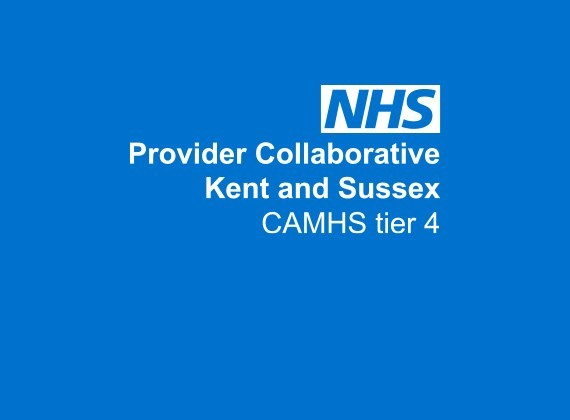
Health Needs and Inequalities Assessment
Health Needs and Inequalities Assessments (HNIA) which were commissioned by the Wessex & Dorset and Kent & Sussex Provider Collaboratives (PC) have identified opportunities for system partners to work together to enhance the provision of mental health services for young people.
The HNIAs were commissioned to understand the level of demand for Tier 4 CAMHS across the regions and build an understanding of the impact of the Covid-19 pandemic to inform commissioning intentions and strategic priorities for the PCs.
As well as looking at projected demand for Tier 4 services, which is a hybrid of inpatient and community-based alternatives across the region, the assessments were designed to identify inequalities in service provision and access to services to ensure services were equitable and representative of the local populations the PCs serve.
A multi-agency steering group, represented by the local authorities, ICBs, providers of Tier 4 and Tier 3 services and PC partners, was convened to oversee the HNIAs. These were carried out by Ottaway Strategic Management Ltd, between August 2024 and February 2024, through interviews with staff, young people and families and data analysis.
Key findings
Both HNIAs identified an increase in the numbers of young people requiring assessment and treatment, coupled with a growing level of complexity of need. In addition, the numbers of young people presenting to A&E with a state of mental health crisis has also increased since Covid-19.
They also identified a clear need for specialist inpatient beds in the regions to reduce the need for young people to be admitted to hospital away from their family home and community, and greater step-down provision to support young people when they are discharged from Tier 4 services. The need for greater awareness amongst families of the relationship between and the range of provision in services, along with better communication, was also identified to help families to feel more supported.
Key recommendations
- Ensure there is a unified approach across the Wessex & Dorset and Kent & Sussex PC footprints in the provision and range of inpatient and alternative to inpatient services.
- Continue to develop alternatives to hospital admission to enable young people to receive treatment at home, including crisis support, intensive home treatment, day hospitals.
- Ensure that future services are designed to support patients with higher levels of complexity, including trauma, adverse childhood experiences, neurodiversity, autism, complex behaviours, personality disorders.
- Work as a whole system to reduce the need for young people to be admitted to hospital and instead be supported in the community, where appropriate.
- Ensure system wide partners including ICB and local authorities work together to identify solutions where there is a current gap in service provision, to facilitate the best outcomes for young people.
Read the report
- Read the summary: Wessex & Dorset CAMHS PC
- Read the summary: Kent & Sussex CAMHS PC
- Read the full report: Wessex & Dorset CAMHS PC
- Read the full report: Kent & Sussex CAMHS PC
The next step will be for the HNIA Steering Group, together with wider system partners, to review the findings and recommendations and develop an action plan.
If you would like to be involved in this work, please email:
- Wessex & Dorset CAMHS PC: spft.WDPC@nhs.net
- Kent & Sussex CAMHS PC: spft.KSPC@nhs.net